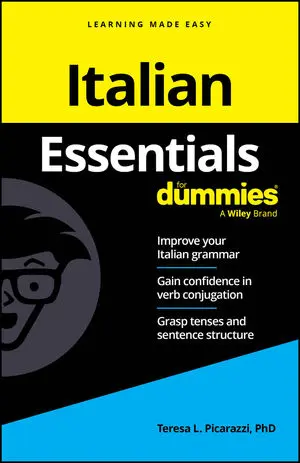The trick to making appointments in Italian is being prepared for the questions and answers you'll hear. As long as you know Italian vocabulary for the who, when, and where of your appointment, you'll find that you can plug those words into the phrases below.
The following phrases will come in handy when planning for an informal get together with friends and family.
Quando possiamo vederci? (When can we meet?)
Quale orario ti va bene? (What's a good time for you? [Informal])
Vorresti uscire uno di questi giorni? (Would you like to go out some time?)
Diamoci appuntamento. (Let's make a date.)
Diamoci appuntamento per le quindici. (Let's meet at 3:00.)
Sono disponibile. (I'm available.)
Vediamoci per un caffè. (Let's meet for coffee.)
If you need to make a more formal appointment with business or doctor's office, you'll want to follow a slightly more formal structure. But don't worry. Just take your time and don't be afraid to ask the other person to slow down if you start to get lost. You can use the following phone conversation as a guideline for setting up formal appointments in Italian.
James: Salve! (Hello.)
Mr. Salvatore: Buon giorno! (Good day.)
James: Si tratta di James da l'ambasciata. Vorrei per pianificare una riunione. (This is James from the embassy. I would to schedule a meeting.)
Mr. Salvatore: Certamente. Lei disponibile domani mattina alle nove? (Of course. Are you available tomorrow at 9:00 a.m.?)
James: Mi dispiace, sono impegnato/a. (I'm sorry, I'm busy.)
Mr. Salvatore's: Lei disponibile oggi? (Are you available today?)
James: Sono disponibile questo pomeriggio. (I'm available this afternoon.)
Mr. Salvatore: Diamoci appuntamento per le quindici. (Let's meet at 3:00.)
James: Che sarà bene. (That'll be fine.)
Mr. Salvatore: Ci vediamo allora. (We'll see you then.)






